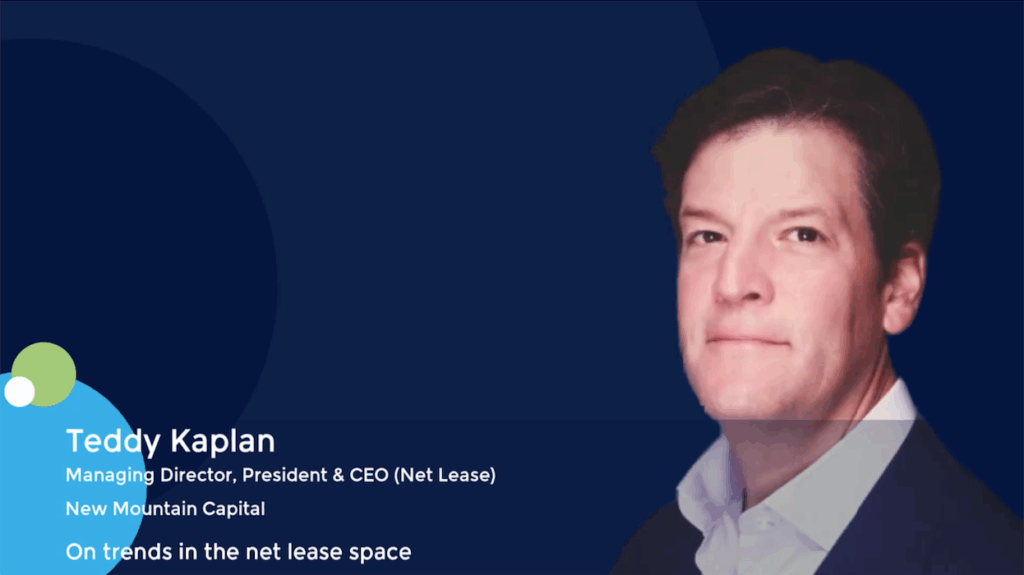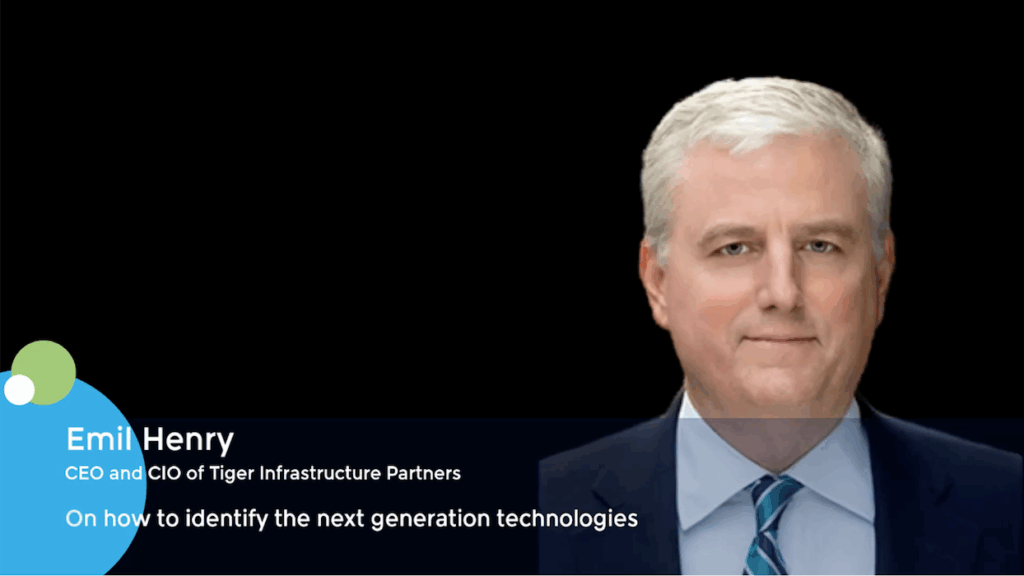SILQ looks to drive Gulf-emerging Asia trade as tariffs tear into other markets
Tariffs will accelerate the emergence of new trade corridors as legacy channels come under pressure, according to Afeef Zaman, CEO of SILQ Group, a B2B platform looking to solidify ties between the Gulf and emerging Asia.
“It’s not just the US creating a new narrative of what trade with the US should look like. You will see this happening across multiple markets, because for many countries, including the US and China, the context has changed,” he explained. “New corridors will come up, and we think the Gulf-South Asia is the most exciting one.”
Two weeks ago, Zaman’s official job title was founder and CEO of ShopUp, a Bangladesh e-commerce player that offers a combination of services, logistics, and finance to the country’s legion of small and medium-sized enterprise (SME) manufacturers.
As CEO of SILQ, he is presiding over the integration of ShopUp and Sary, a B2B marketplace with an extensive merchant network in Saudi Arabia. The merger, which follows a successful 18-month commercial partnership, is backed by USD 110m in funding led by Sanabil Investments, a vehicle controlled by Saudi Arabia’s Public Investment Fund and Peter Thiel’s Valar Ventures.
Sanabil had previously invested in Sary, while Valar led ShopUp’s Series B in 2021. The combined entity’s backers also include Flourish Ventures, VentureSouq, MSA Capital, Rocketship VC, Saudi Technology Ventures (STV), Kuwait-owned Wafra Investment, Peak XV Partners, Prosus Ventures, Tiger Global Management, Endeavour Catalyst, Raed Ventures, and Qatar Development Bank.
Eye on expansion
Zaman noted that ShopUp never saw itself “as solely a Bangladesh company.” Rather, Bangladesh was the starting point for a platform that would serve suppliers across emerging Asia. And whenever the company asked customers what it could do to support their expansion, the typical answer was: Give us access to the Gulf Cooperation Council (GCC) members’ consumer markets.
Similarly, Sary started in Saudi Arabia because of the favourable unit economics, but it wanted to go cross-border. The company established a pilot project in Egypt and made a passive investment in Pakistan-based B2B platform Jugnu in 2022. Neither worked out.
“It was always in the back of our minds that we needed to consolidate, to go global to achieve economies of scale. But we needed to find the best market and find the best partner. In Bangladesh, we wanted someone deeply integrated in the market, with stability and profitability, and we found the right synergies with ShopUp,” said Mohammed Aldossary, founder and CEO of Sary.
An obvious commonality is the number of expatriates of Bangladesh origin currently residing in Saudi Arabia; Aldossary puts it at 2.5 million, larger than any other expatriate group. But the ultimate target is the broader GCC-emerging Asia corridor, which will encompass 1.49 billion consumers and USD 682bn in trade volume by 2030, according to SILQ.
ShopUp and Sary have collectively served more than 600,000 B2B customers – from retailers and wholesalers to hotels and restaurants – over the past seven years, processing USD 5bn in transactions. In the coming four years, as collaborating brands under the SILQ platform, they want to achieve annual trade volume of USD 5bn and facilitate at least USD 1bn in financing.
Enabling trade credit
Financing is a key element, and part of the latest funding round comprises debt to be administered by SILQ Financial, a newly established dedicated SME financing unit. Aldossary will serve as CEO.
“Why don’t these suppliers [from Bangladesh] already go to the GCC? Is it a demand issue? Is it distribution? It’s all of the above, but the fundamental point is they don’t have the financial infrastructure. They cannot get letters of credit from banks, so they can’t import and export,” he explained. “Building that financial fabric will make trade frictionless.”
SILQ Financial has three main pillars: trade finance, creating synchronised cross-border payment mechanisms, and providing software that enables vendors to integrate channel management. Beyond that, Aldossary is keen to explore new geographies, within the GCC and reaching into Africa, and financing solutions that extend from escrow payments to locally licensed digital wallets.
“Saudi is the focus for 2025. In 2026, it will be the GCC. Within three years, we will explore M&A. We not only did a merger, we also raised cash, so we can act on inorganic opportunities,” he said.
Zaman emphasizes the scope of the white space into which SILQ wants to expand, noting that the GCC-South Asia corridor has to date been dominated by larger players. He contends that SILQ is among the first to consider the SME opportunity, bind up B2B commerce and finance, and “bet on this vertical in a more structured way.”
The company is already seeing robust demand from suppliers who have been frustrated by previous attempts to enter the GCC. Recent developments in global trade, though disruptive, may play into its hands.
“Just the other day, I was talking to someone who manufactures in Asia and sells into the US because they moved there as a child,” said Zaman. “Now they want to expand into the Gulf.”











